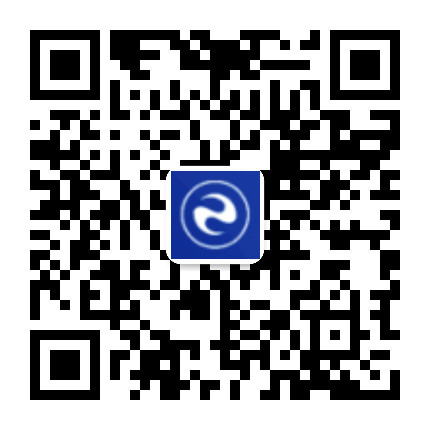China Joins Hague Apostille Convention: A Game-Changer for International Legalization
China Joins Hague Apostille Convention: A Game-Changer for International Legalization
China Joins Hague Apostille Convention: A Game-Changer for International Legalization
Well, folks, it's happened. In a move that's as monumental as the Great Wall itself, China has officially joined the Hague Apostille Convention. If you're scratching your head thinking, "What on earth is that and why should I care?" - then fear not, dear reader, because we are here to demystify this seemingly complex legal term and explain why it's a total game-changer for individuals and businesses dealing with international legalization of documents.
Now, to put it simply, the Hague Apostille Convention is a kind of "passport" for documents.
Established back in 1961, this convention aims to simplify the process of legalizing documents for international use. Think of it as a speed pass at an amusement park - instead of waiting in line to get multiple stamps of approval, you just get one and you're good to go.
Now, let's consider the implications of China, a global economic powerhouse ranking second, jumping aboard the international legal train.
It signifies a significant shift, a simplification in the process of document legalization. Picture this - you're wrestling with the assembly of an Ikea piece, without any guide. Then, out of the blue, the manual materializes.
We're talking about a metamorphosis of epic proportions here, folks, not just your everyday, run-of-the-mill change.
So, whether you're a business tycoon with a love for golf, an expat with an insatiable hunger for adventure, or a student with an unparalleled knack for frugality, this shift is akin to finding twenty bucks in an old pair of jeans. Suddenly, working or studying in China doesn't require a master's degree in hoop-jumping. It's like the universe just handed you the cheat codes to legalizing your documents.
Now, this is the kind of news that makes one want to burst into a happy jig. It’s particularly thrilling for those brave souls who enjoy diving headfirst into the unknown and wish to Find Work Abroad in exotic lands like China, Thailand, South Korea, Hong Kong, Macau, and the entire Southeast Asia.
Just imagine, instead of wrestling with paperwork, you could be spending your time actually exploring these beautiful countries. Or perhaps, engaging in an impromptu karaoke session with your new colleagues, because why not?
In fact, a great place to start your overseas job search is [Find Work Abroad](http://www.findworkabroad.com), a handy platform that connects job seekers with exciting opportunities across Asia.
Now, let's talk about the impact on businesses. If you're a business operating within China or seeking legal recognition abroad, this move is akin to finding a golden ticket in your Wonka bar.
It streamlines the process of document authentication, reducing time, effort, and resources spent on bureaucracy.
Moreover, China's inclusion in the Hague Apostille Convention is a significant nod towards enhancing international cooperation in the field of document authentication. Think of it as China extending a hand of friendship to the rest of the world, saying, "Hey, let's make this easier for both of us."
In my opinion, this is a monumental step forward for China.
It's a clear indication of the country's commitment to streamlining processes, fostering international relations, and making life easier for individuals and businesses alike. It's not every day that a single move can have such far-reaching consequences, but then again, China has always been a country that surprises us.
To sum it up, it's safe to say that China's inclusion in the Hague Apostille Convention is indeed a game-changer. It's like upgrading from a dial-up connection to high-speed internet - the difference is palpable.


